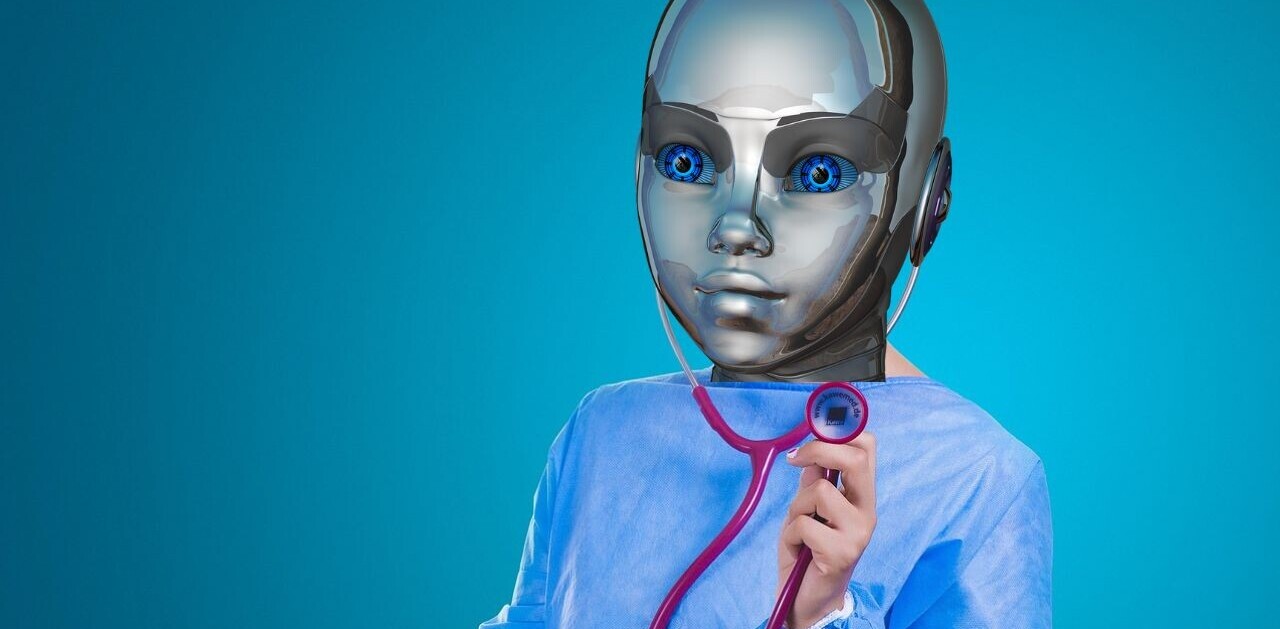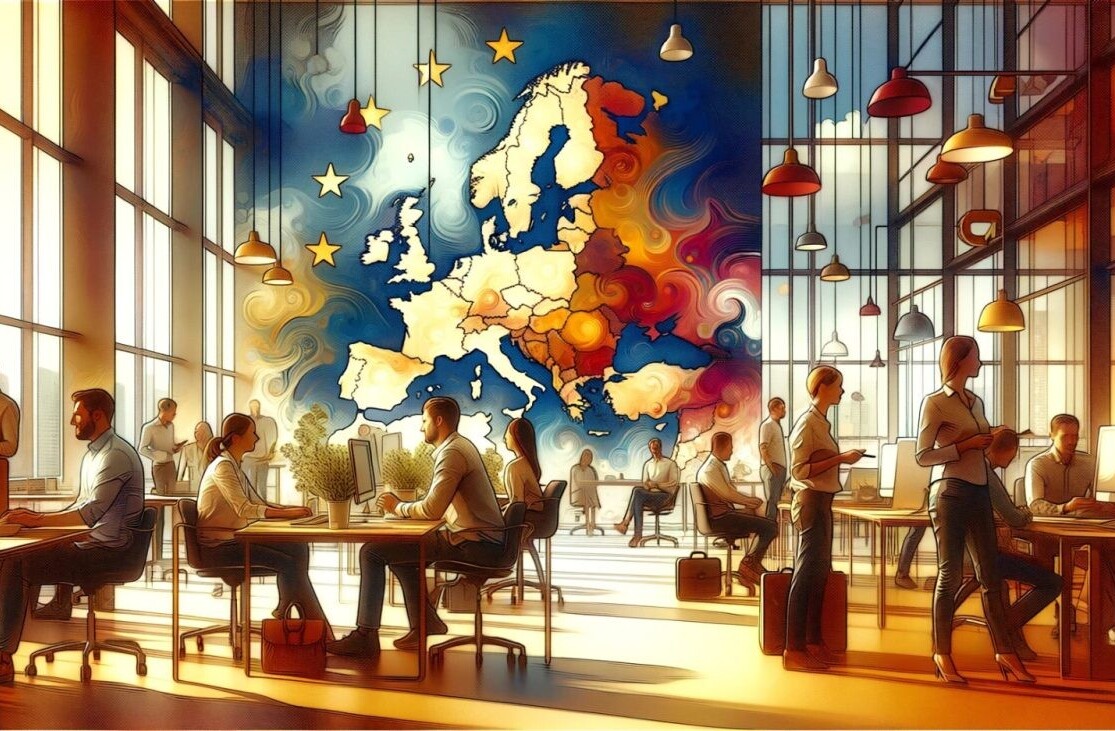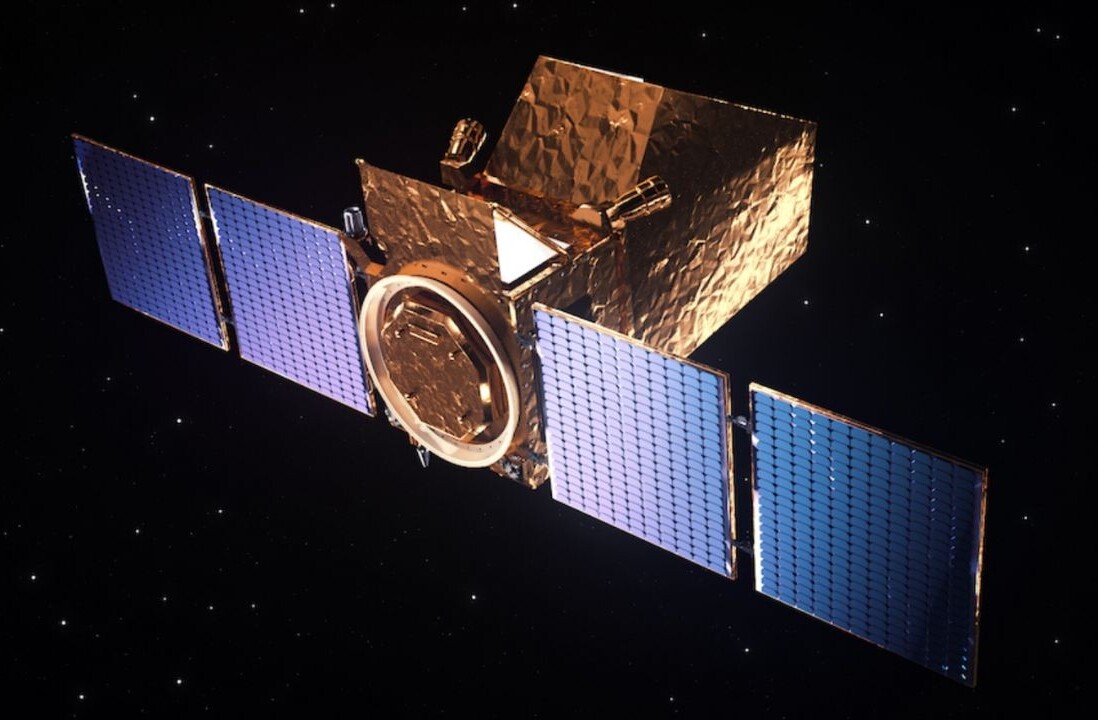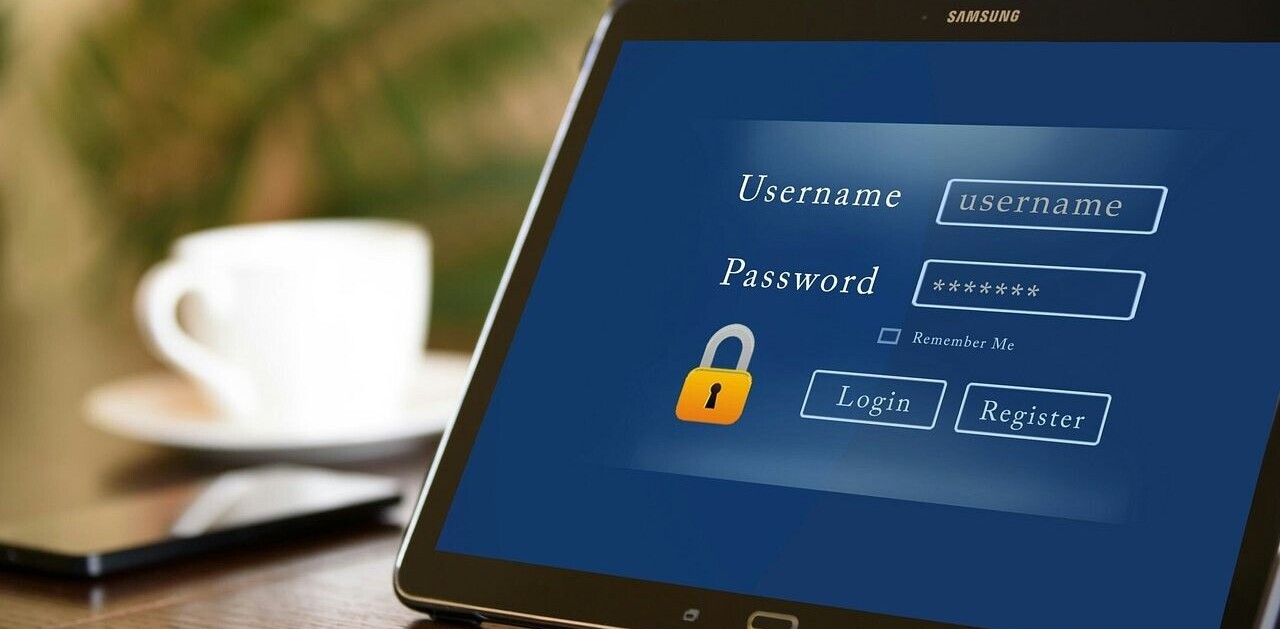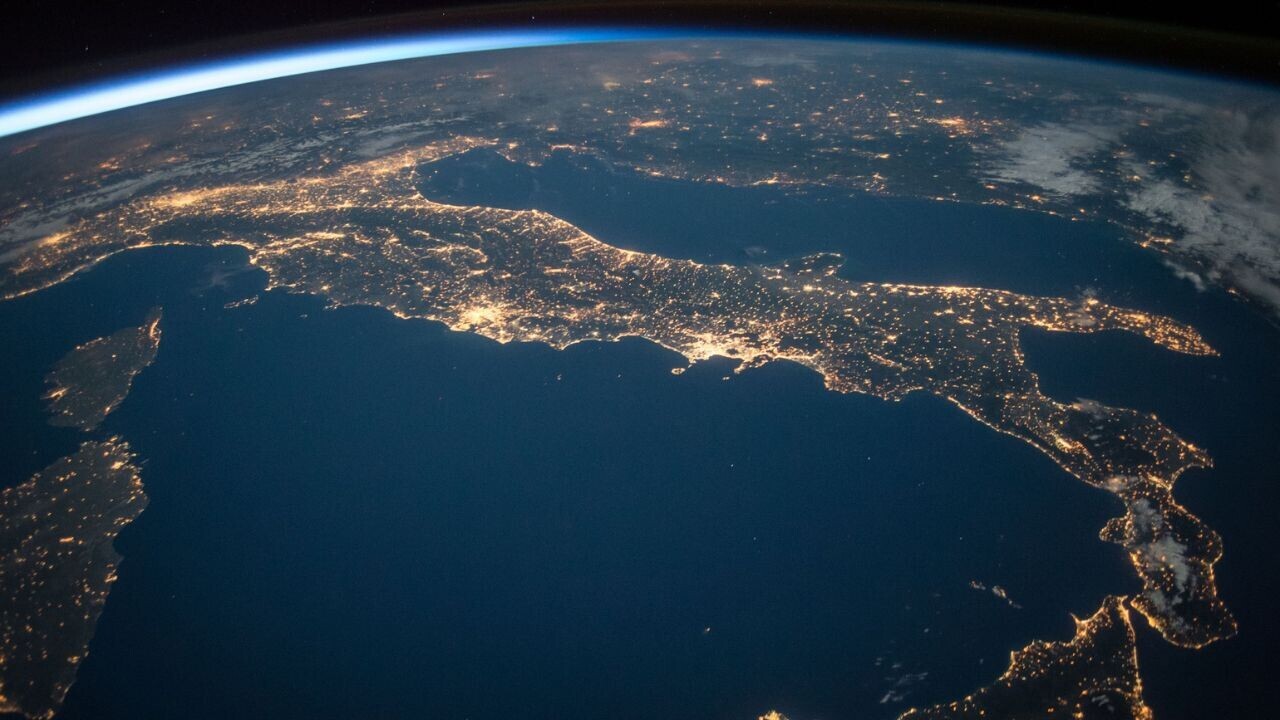
The UK Space Agency has opened two funding calls for tech and science projects to fly onboard a prospective, commercially-sponsored mission.
The calls are in preparation of an agreement between the UK and Axiom Space, a US company that organises visits to the International Space Station (ISS). The partnership aims to launch a British astronaut mission, potentially to the ISS. The £15mn (€17.5mn) funding will depend on whether the mission will actually proceed.
“We want to keep the UK space sector at the forefront of scientific discovery and technological innovation, so this has been front and centre of our work with Axiom Space since October,” said Annelies Look, Deputy CEO of the UK Space Agency.
Space tech wanted
The UK is calling for technology demonstrators that can support exploration and test innovative solutions within a space environment.
It’s primarily seeking projects from the following technologies: AI, engineering biology, future telecommunications, semiconductors, and quantum. It’s also looking for solutions that align with the space agency’s tech roadmap, which prioritises advanced manufacturing, in-situ resource utilisation, life support, and crew performance
Interested candidates can apply until April 29. Awarded projects need to start by June 2024, with the development process lasting 18 months.
UK pushes for space tech leadership
The UK has been betting heavily on space tech, aiming to benefit from the growing commercialisation of space exploration and the global space economy — estimated to reach $1tn (€897bn) by 2040.
Besides public investment, the country boasts significant private funding. According to data by VC firm Seraphim, in the third quarter of 2023, the UK almost doubled its total year-on-year investment to $326mn (€301.7mn). The country also aims to host the first vertical rocket launches from Western Europe, while it’s home to many startups innovating in the sector, including Open Cosmos and Space Forge.
Get the TNW newsletter
Get the most important tech news in your inbox each week.

